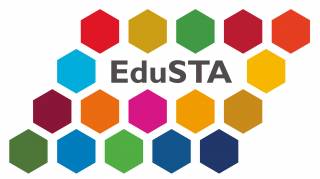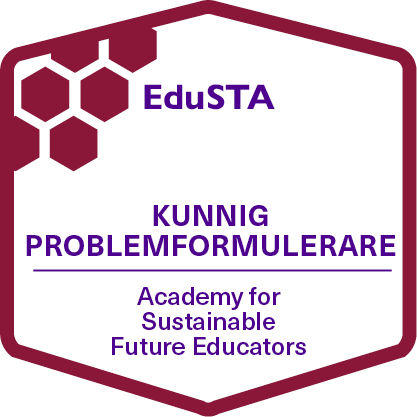Course Structure and Pilot Objectives
The course featured lectures on sustainable development delivered by university professors, followed by group discussions. The course included a digital group exam where VET student teachers presented designed teaching activities linked to SDGs within their respective fields.
The goal of the pilot was to boost their confidence in using digital tools and integrating SDG knowledge into their work, while also evaluating the effectiveness of the micro-badge.
Pilot Results and Challenges
A total of 20 out of 81 VET student teachers successfully completed the badge application across two pilot phases (year 2023 and 2024). While there was interest in the micro-badge achievement, the uptake was slow due to lack of information about the pilot, the benefits of micro-badges and incentives to apply for the badge e.g., provision towards ECT credits.
Technical issues, such as students using workplace accounts for submissions, created initial hurdles but were resolved through support from the Finnish Open Badge Factory team.
Reflections and Next Steps
Despite a slow initial uptake, the pilot’s findings were largely positive. The pilots confirmed that the micro-badge aligned well with the course objectives, the application process was manageable, and, importantly, it did not increase the students’ workload – an issue that had been a key concern for the Swedish team, that many VET student teachers were employed full- or part-time during their studies.
In conclusion, the pilot provided valuable insights into both the advantages and practical application of micro-badges. However, further work is needed to ensure that the micro-badge offers real, tangible value to the applicants in their professional roles and doesn’t remain a purely theoretical exercise.
EduSTA Swedish team:
Liisa Uusimäki (Project Manager) liisa.uusimaki@gu.se
Helena Hellgren (Course Coordinator and PhD student) helena.hellgren@gu.se
Photo of University of Gothenburg: Adobe Stock by rpbmedia



